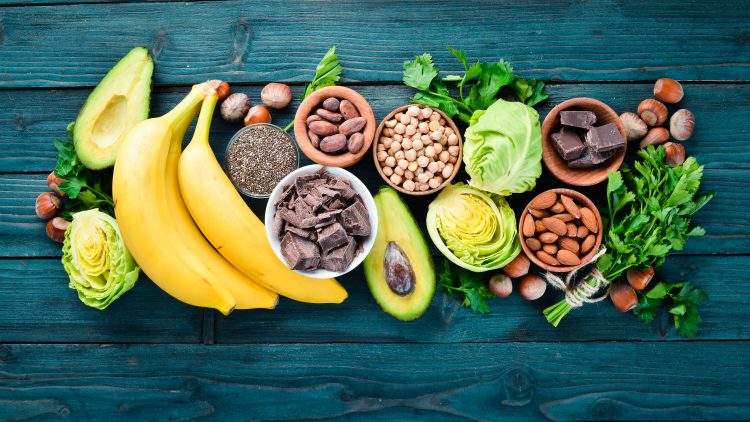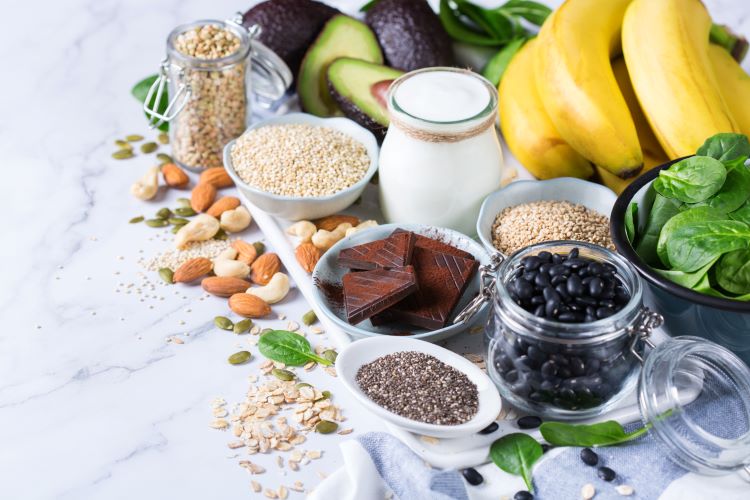We need it to produce energy, to use our muscles, and to help control vital bodily functions. Liam Holmes illustrates the health benefits of magnesium.
You might be clued up on the best supplements for muscle growth, but are you familiar with your essential minerals? Magnesium is one of six ‘macro-minerals’, together with calcium, sodium, potassium, phosphorous and chloride, that comprise 99% of the body’s mineral content. It plays a crucial role in a vast number of physiological processes.
Low magnesium levels don’t usually cause symptoms, but chronic deficiency may result in muscle spasm or weakness, insomnia, and high blood pressure. Low levels of this macro-mineral have also been associated with osteoporosis, diabetes, metabolic syndrome and heart disease.
So making sure you get the recommended daily allowance of magnesium (which is 300-400mg for men) will have a number of significant health benefits.

Magnesium health benefits
Magnesium helps to regulate levels of the hormone cortisol, which is elevated by stress. It helps to maintain bone density too, by helping the body use calcium and vitamin D effectively.
The mineral is also crucial in the process of helping your mitochondria (the ‘battery’ component of cells) convert food into energy. Magnesium creates new proteins from amino acids, as well as aiding muscle contractions and relaxation. Many people only think of it as being a calming nutrient to aid recovery, but magnesium is beneficial for exercise performance, too.
Research also shows that increasing your magnesium intake can raise testosterone levels within a month. The increase is most likely to affect those who exercise regularly, though those with a more sedentary lifestyle can also see benefits to their testosterone levels.
In terms of recovery from exercise, it protects against certain markers of muscle damage. And research published in Nutrients shows magnesium promotes sleep by regulating several neurotransmitters.
To ensure you’re getting enough magnesium in your diet, eat plenty of fiber-rich plant food. That includes whole grains, legumes, nuts, seeds and greens, as well as low-fat dairy products, dark chocolate and water. You could also try taking the best magnesium supplements to top up your levels.
Looking for the best magnesium supplements? We recommend BetterYou Magnesium Flakes
Now that you’re up to speed on the health benefits of magnesium, consider reading some of our other professional guides to learn more about fiber, iron, and zinc.
Liam Holmes is owner of pH Nutrition and a foodspring ambassador.







